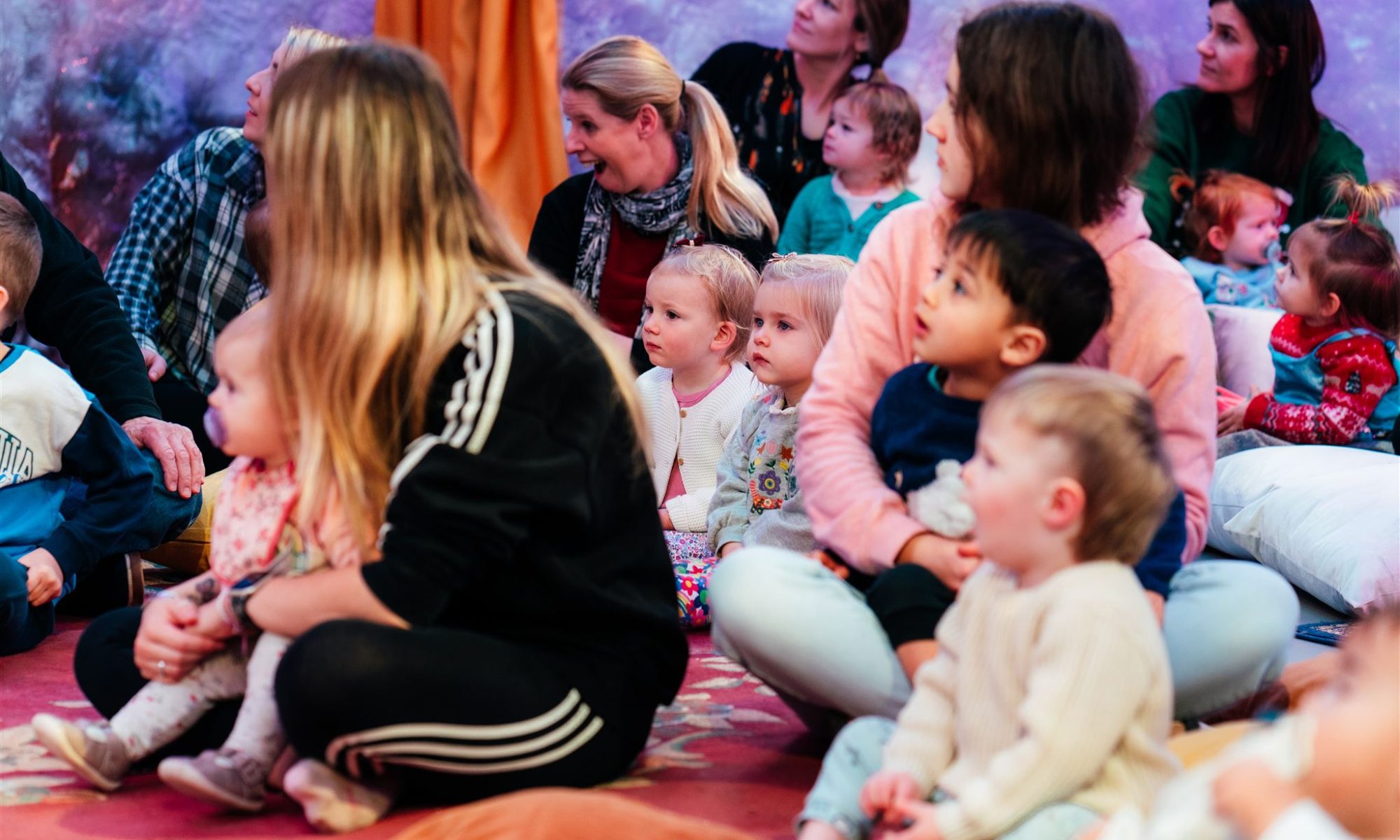Reflecting on the Individual Giving Action Research Group

Audience watching Timothy The Yeti at The Point
Over the past year, ten Future Arts Centres members have been working together as part of our Individual Giving Action Research Group (ARG) – a peer-led learning community created to test new approaches to individual giving within the arts centre context. We formed the group because we know that for many arts centres, individual giving can feel daunting: teams are lean, fundraising capacity varies widely, and traditional models don’t always reflect the reality of community-focused, multi-artform venues.
The ARG set out to change that. Building on Achates’ national training programme in 2024, we brought together organisations ready to experiment – from first-ever membership schemes to refreshed patron offers, crowdfunding campaigns, and new approaches to low-level, community-rooted giving. Over 12 months, the group met regularly to share progress, troubleshoot challenges, and hold one another to account in a supportive, generous environment.
What has been striking throughout is how much common ground exists across organisations of very different scales. Whether running a £5-a-month campaign or a major donor dinner, members reported similar learning: the importance of setting clear and realistic targets; the need to invest time (and sometimes money) in systems; the power of simple messaging; and the value of leadership that empowers fundraisers to do their best work.
Many learned not to underestimate the time required to build relationships or prepare campaigns. Others found confidence in discovering that small teams can still achieve significant impact – and that storytelling rooted in arts centres’ strengths (community, creativity, connection) resonates deeply with donors. Case studies shared across the group illustrate just how far organisations have travelled, from exceeding membership targets to successfully trialling campaign-style giving for the first time.
This Action Research Group was always designed not only to support participants, but to generate learning for the whole FAC community. We are now bringing that together into a full report, including detailed case studies and practical guidance. This will be published in early 2026.
Thank you to all participating organisations for your honesty, curiosity and generosity throughout the process. We look forward to sharing the findings with the wider sector soon.